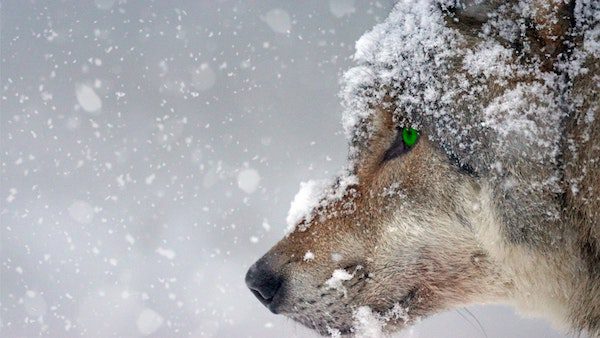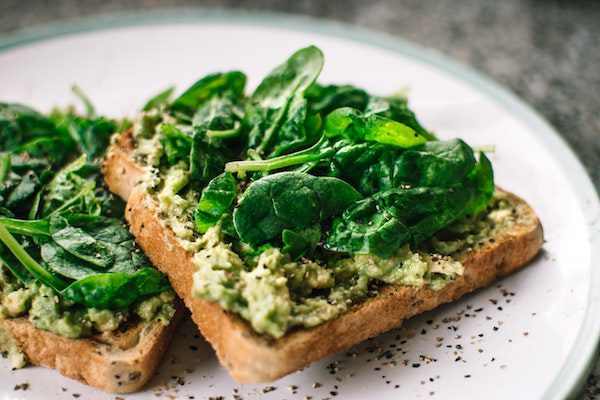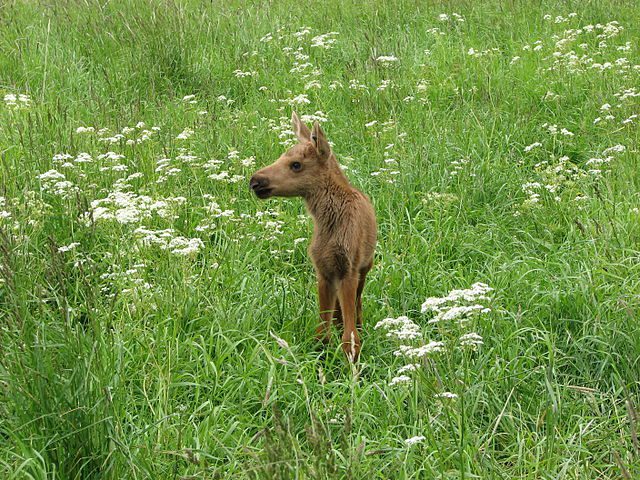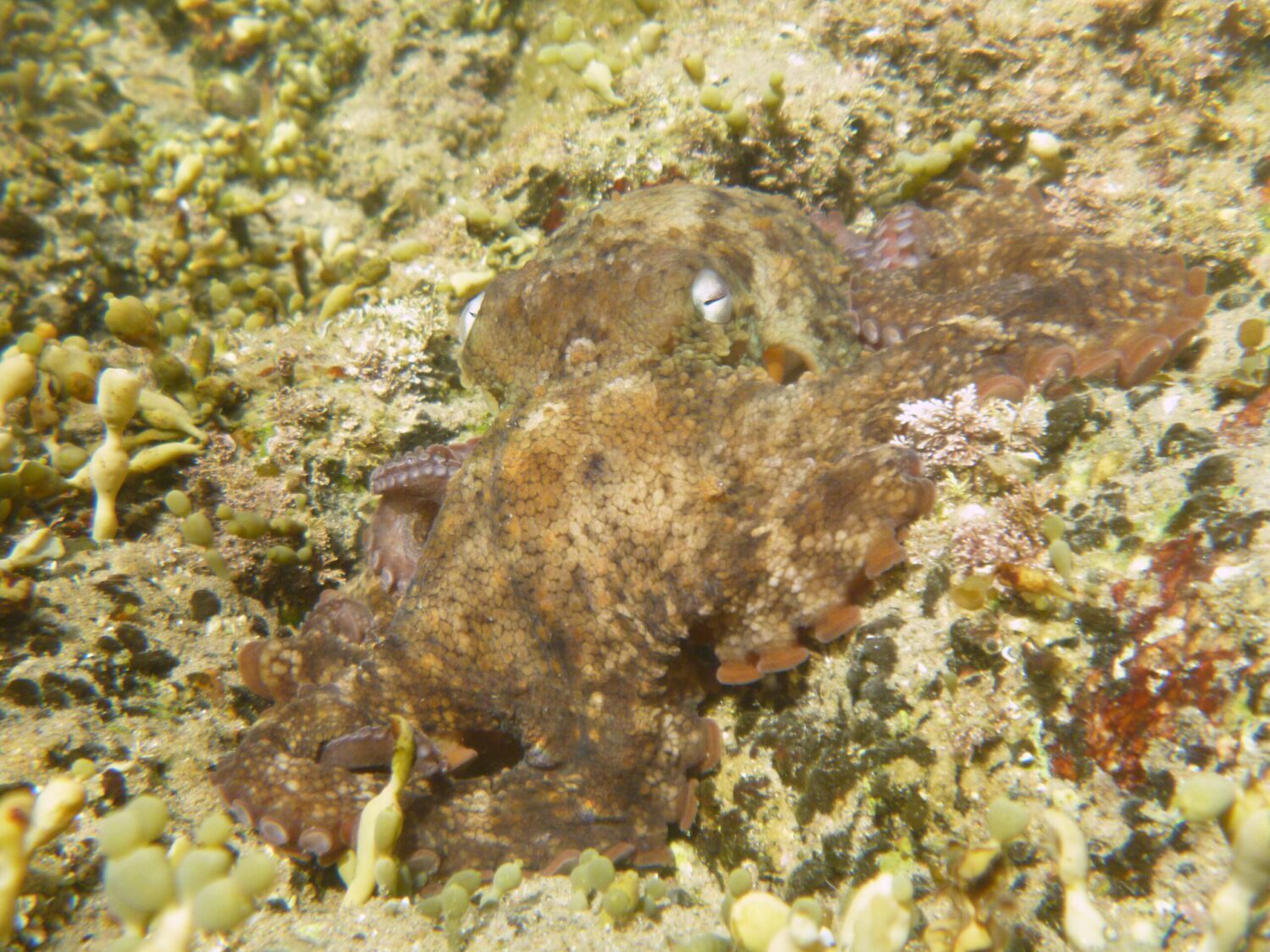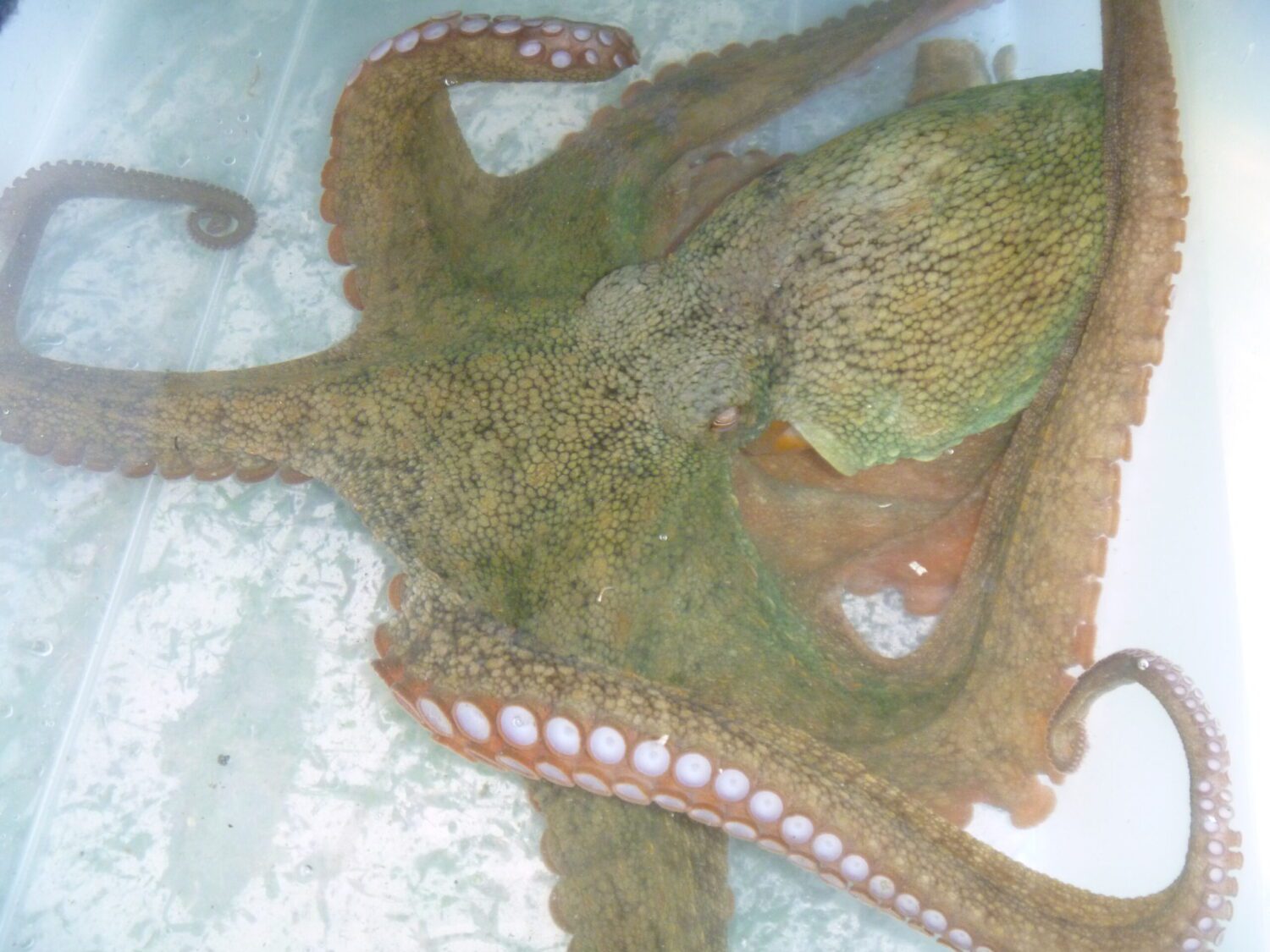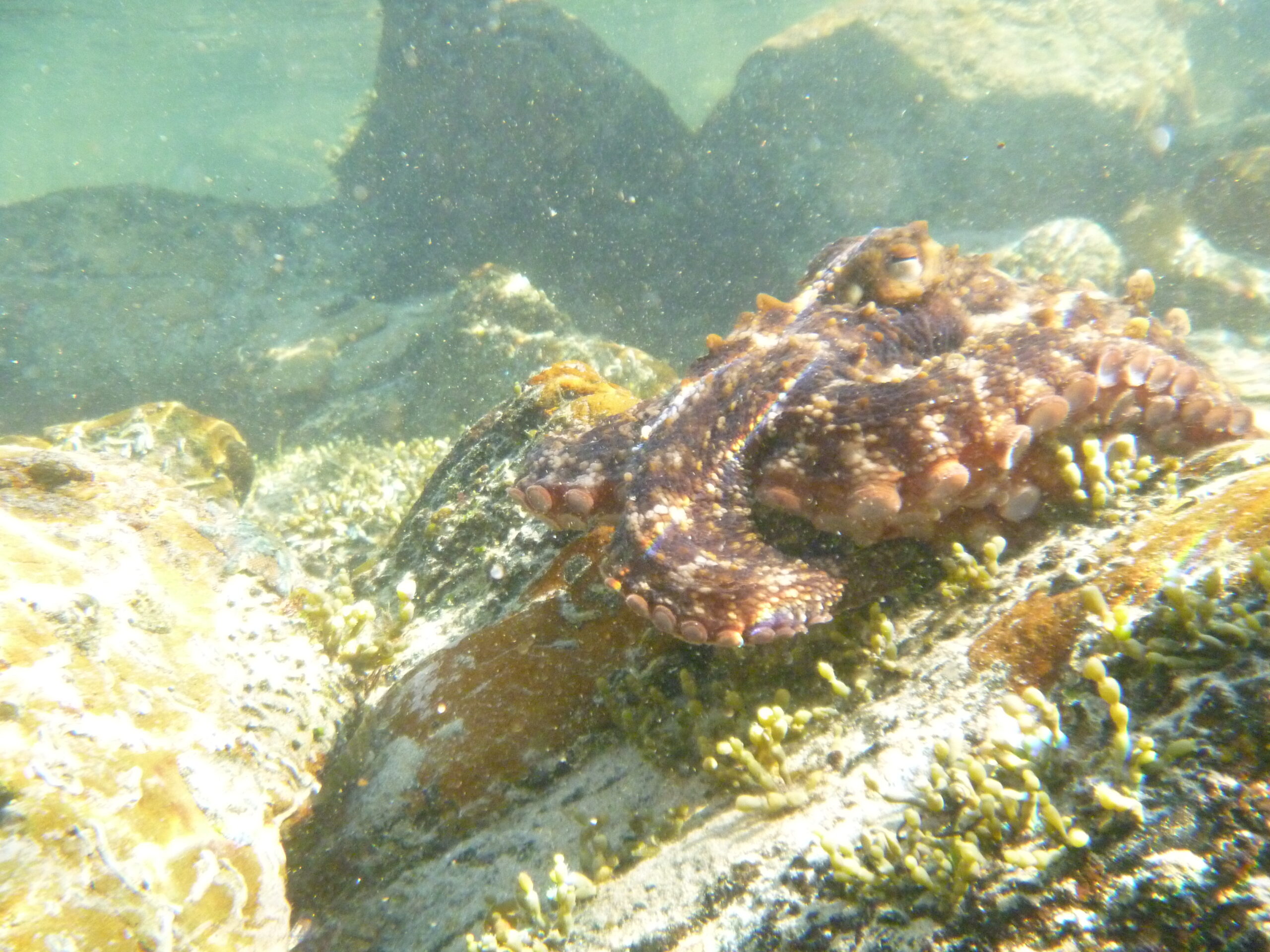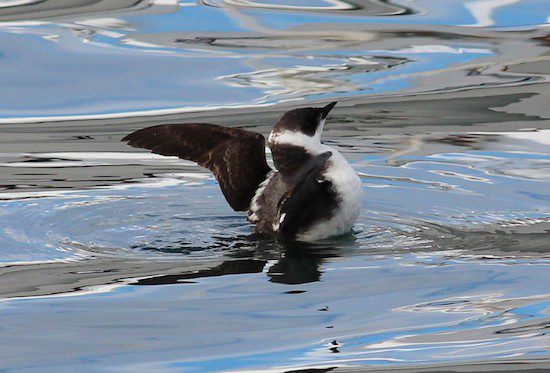


Audubon: For nearly two decades, the federal Roadless Rule has prohibited road-building and logging on nearly 60 million acres of the country’s most pristine national forest land. The Roadless Rule currently protects more than half of the nearly 17-million-acre Tongass National Forest in Alaska. Part of the largest remaining temperate rainforest on Earth, the Tongass hosts the Prince of Wales Spruce Grouse and the Queen Charlotte Goshawk, a subspecies of Northern Goshawk that hunts and breeds exclusively in old-growth forests. These wild areas are in jeopardy: the U.S. Forest Service has proposed a new rule that would open these old-growth woods in Alaska to clearcutting. The agency is accepting public comments on this misguided plan through December 17.
>>>Urge the U.S. Forest Service not to gut forest protections in the wild roadless areas of the Tongass National Forest.
Animal Welfare Institute: In a move that threatens to undermine a host of legal protections guaranteed to marine mammals in the United States and Canada, Mystic Aquarium in Connecticut has applied for a permit to import five captive-born beluga whales from Marineland in Canada. If the National Marine Fisheries Service (NMFS) grants this permit, these animals would be on public display at Mystic Aquarium and likely Georgia Aquarium in Atlanta, and possibly other facilities throughout the United States. All five of these whales are descended from the Sakhalin Bay-Nikolaya Bay-Amur River stock of beluga whales—the same stock that NMFS designated as depleted in 2016. The U.S. Marine Mammal Protection Act (MMPA) prohibits the import of marine mammals from depleted populations—and their descendants—for public display. In Mystic’s permit application to NMFS, it seeks to circumvent this legal prohibition by claiming that “incidental” public display is allowed when a marine mammal from a depleted population is to be imported for research. This is not so. Allowing this import would create a massive loophole in the MMPA’s prohibition against the import of depleted marine mammals for public display.
>>>Urge the NMFS to deny Mystic Aquarium’s request to import beluga whales from Canada.
Change: While all countries contribute to the oceans’ dire plastic pollution problem, Indonesia is one of the biggest culprits. After China, Indonesia is the largest contributor of plastics to our oceans. The country sends 3.22 million metric tons of the material into our oceans each year alone. That fact became even more apparent after a dead 31-foot sperm whale washed ashore at the Wakatobi National Park in Indonesia. Experts discovered that the whale was stuffed full of plastic debris. All in all, the whale had 115 drinking cups, four plastic bottles, 25 plastic bags and two flip-flops in its stomach. In recent years, Indonesia’s attempts to curtail plastic use have been relatively toothless. Their $0.02 plastic bag tax and proposed excise tax against plastic producers have both been discontinued. These policy failures make it highly unlikely the country will meet their goal of reducing plastic waste by 70 percent in less than 10 years. In reality, there is already a model that works. If Indonesia wants to get serious about dumping their plastic addiction, they need to look no further than countries like Kenya and Rwanda, which have banned single-use plastic bags completely. In those countries, breaking the ban can get the offender in real trouble. Serious fines and jail time and have worked so well, they won Kigali—Rwanda’s capital—the title of “the cleanest city in Africa.”
>>>Urge Indonesian President Joko Widodo to implement a complete and total ban on single-use plastics.
Cause for concern…
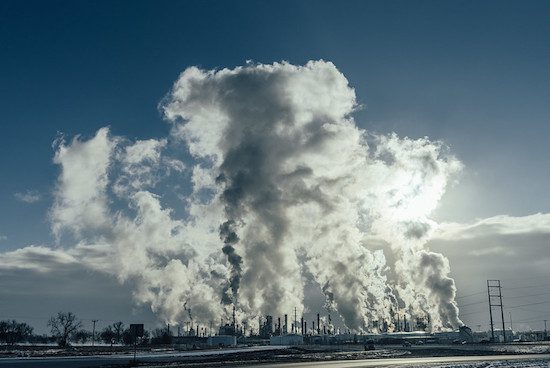
- The world’s climate goals are not only insufficient, they’re also unlikely to be met (The Economist)
- New Trump administration plan could boost oil drilling on remote Alaska reserve (Juliet Eilperin, The Washington Post)
- Firms failing to tackle crisis will be delisted from stock exchange, UK’s Labour party says (Rob Merrick, The Independent)
- Study links tens of thousands of deaths to weak U.S. air pollution rules (Emily Holden, The Guardian)
- Sumatran rhinos just went extinct in Malaysia (Katie Palmer, Quartz)
- Young elephants were taken from their mothers in Zimbabwe; now they’re in cages in China (David McKenzie and Brent Swails, CNN)
- A third of tropical Africa’s plants face extinction (Helen Briggs, BBC News)
- China ramps up coal power again, despite pressure to cut emissions (Leslie Hook, Financial Times/InsideClimate News)
- Most of America’s endangered species will struggle to adapt to climate (Oliver Milman, The Guardian)
- Terrified bull struggles to break free as it is tied up and set on fire during ‘cruel and violent’ Spanish festival (Chris Dyer, Daily Mail)
- Footage captured by undercover investigators shows tragic last moments of life faced by countless animals in Middle Eastern slaughterhouses after long journey from Brazil (Grant Lingel, Sentient Media)
Round of applause…

- This Netflix documentary called “The Game Changers” is making people go vegan, so I watched and here’s what I learned (Christopher Hudspeth, BuzzFeed)
- Largest study ever finds that urban green space can prevent premature deaths (Neuroscience News)
- U.S. expands seafloor protection off West Coast (Rob Hotakainen, Greenwire)
- House panel advances bill to curb pesticides on wildlife refuges (Adam Allington, Bloomberg Environment)
- House committee approves far-reaching major legislation that would target PFAS, cancer-linked chemicals leaching into the water supply (Rebecca Beitsch, The Hill)
- Long-running coal plant on Navajo Nation stops production (Felicia Fonseca, Associated Press)
- This former cattle rancher now runs a vegan animal sanctuary (Charlotte Pointing, LIVEKINDLY)
- U.S. could finally ban cosmetic animal testing nationwide (Anna Starostinetskaya, VegNews)
- Beverly Hills Hilton to serve all-vegan “Save the Turkey” Thanksgiving buffet (Anna Starostinetskaya, VegNews)
- 12 easy vegetarian and vegan potluck dishes for Thanksgiving (Katherine Gallagher, Inhabitat)
Parting thought…
“Veganism is not a sacrifice. It is a joy.” —Gary L. Francione
Earth | Food | Life (EFL) explores the critical and often interconnected issues facing the climate/environment, food/agriculture and nature/animal rights, and champions action; specifically, how responsible citizens, voters and consumers can help put society on an ethical path of sustainability that respects the rights of all species who call this planet home. EFL emphasizes the idea that everything is connected, so every decision matters.
Click here to support the work of EFL and the Independent Media Institute.
Questions, comments, suggestions, submissions? Contact EFL editor Reynard Loki at [email protected]. Follow EFL on Twitter @EarthFoodLife.
